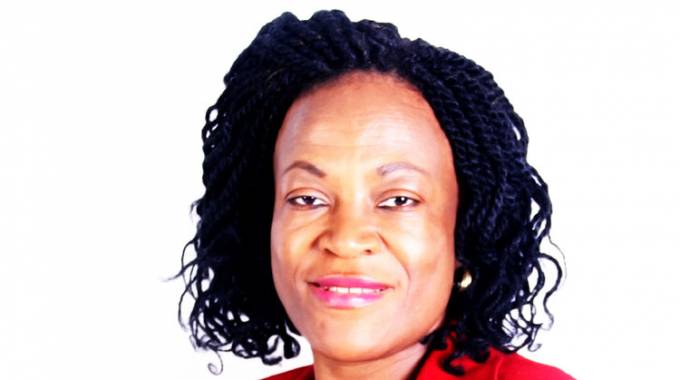
The Sunday Mail

The latest wave of price increases, experienced in Zimbabwe in recent weeks has not only been confined to basic goods but have also affected medical services.
Health insurance appears to have been dealt the heaviest blow.
This follows the increase of subscription fees by medical aid societies by between 30 and 40 percent. An additional 400 percent is imminent.
In a statement the Association of Health Funders of Zimbabwe (Ahfoz) chief executive officer, Shylet Sanyanga said service providers have made numerous requests for a further review of the subscriptions.
“A number of the providers have also approached the association to submit requests for additional or new increases to the current tariffs for various reasons. The increases range between 50 percent and 400 percent,” Sanyanga said.
She said the request is coming just after a recent upward review 40 percent.
“Regrettably, the contributing medical aid members and employer groups had to bear this increase.
“Judging from member feedback, another round of contribution increases so soon would be unaffordable for medical aid members, employer groups and health funders.”
Sanyanga said there was need for dialogue amongst key stakeholders to urgently create a conducive operating environment to avoid unnecessary loss of life due to affordability challenges.
Sanyanga said the fact that service providers are pegging their charges at parallel market rates means funders are in a constant rat race with prices.
“Service provider charges are pegged at the parallel market rates while most funders have not increased their subscriptions.
“Those that have done so only had marginal once off subs increase in early February and cannot peg contributions against the ever-changing parallel rates.
Most medical practitioners and pharmacies are rejecting medical aid cards and in turn relegating them to catering for consultation fees only.
Interviews by The Sunday Mail Society at most medical centres revealed that most people could no longer afford medical services.
However, Public Service Medical Aid Society (PSMAS) managing director, Tendai Kapumha justified the recent spike in fees saying premium costs were necessitated by inflation.
“This increase which comes after the last review which was done in 2011, has been necessitated by a number of factors chief among them being the continued upsurge in medical inflation (notably drugs and pharmaceuticals) 200 percent, hospitalisation 100 percent, and general consultation 50 percent,” said Kapumha.
It is believed that at the current subscriptions, funders have had to dig deep into their reserves to cushion members from shortfalls at the risk of most funders becoming technically insolvent.
The shortfalls being incurred by members are thus a direct result of the discrepancy between provider charges and the current subscription rates.
In this regard, Funders have been continuously engaging providers to exercise restraint on charges, while also lobbying employer organisations to consider agreeing to subscription increases that can assist with cushioning the members.



